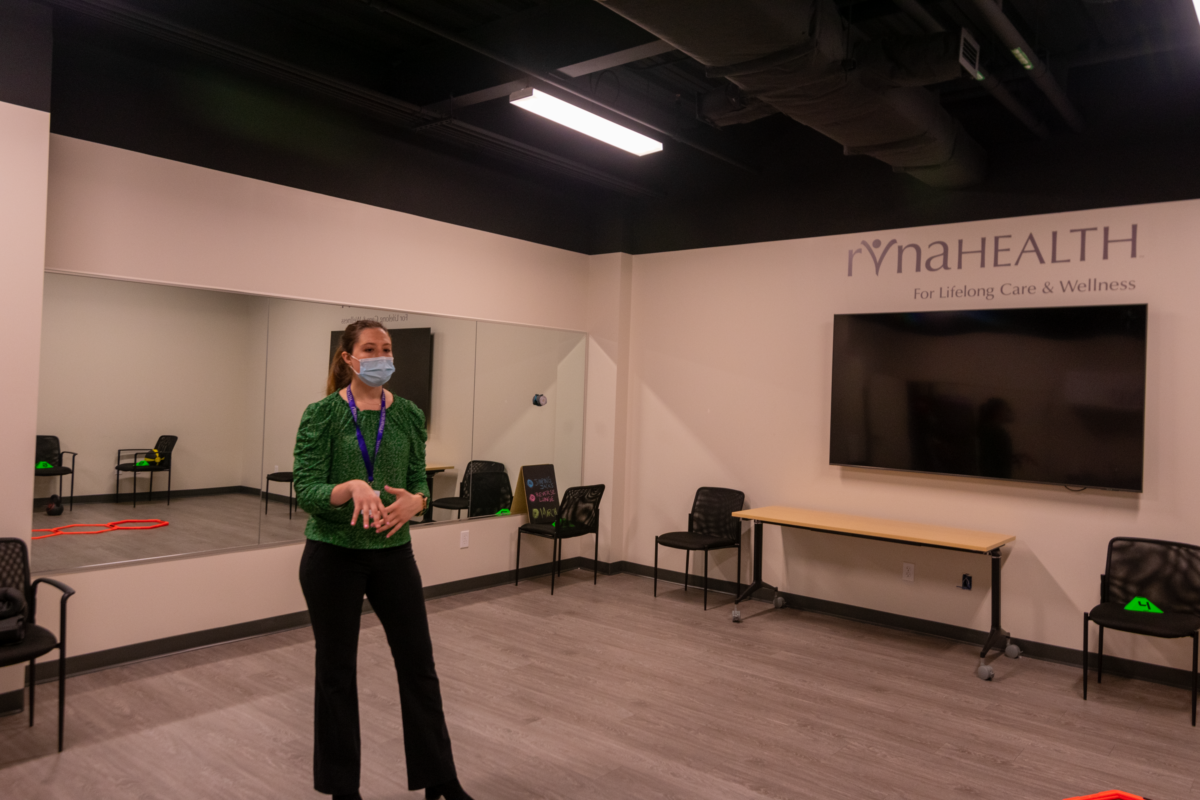
Two new surveys regarding stressful situations in the workplace ”“ one aimed at employees and one aimed at employers ”“ offers insight on the challenges of the post-pandemic work environment.
A survey by the career advice website ResumeLab of 1,000 U.S. adults offered insight on how workers are dealing with mental health concerns. According to the survey, two-thirds of respondents said they experienced work-induced mental health problems in the past two years, with 68% reporting they took time off from work because of a mental health condition.
The survey found that 59% of respondents believed their mental health condition hindered career advancement, with 68% fearing that a disclosure of a mental health condition would harm their professional reputation.
However, slightly more than three-quarters of the respondents defined their mental well-being as either good or very good, with 17% rating their mental health as neutral ”“ neither good nor bad ”“ and 6% stating their mental condition was either bad or very bad.
Looking at different demographics, the survey found women were just as likely as men to experience mental health deterioration due to work, 66% vs. 67%. People with six to 10 years of work experience complained of work-induced mental problems more than workers with one to two years of experience, 72% vs. 55%. And 75% of executive or C-suite employers said they were dealing with work-related mental health problems, compared to 67% of team managers.
As for the reasons behind work-related mental health struggles, the survey respondents cited work pressure (49%), excessive workloads (42%), job insecurity (40%), long working hours or overtime (39%), a toxic work environment (37%), low salary (35%), discrimination or bullying (29%) and unsafe or poor working conditions (24%).
Separately, a new ResumeBuilder survey of more than 1,300 managers found employers were being stressed out by their youngest employees ”“ 74% of survey respondents said they find Gen Z more difficult to work with than other generations, and of those 12% reported having to fire a young worker within their first week on the job.
According to the surveyed managers, roughly half found their Gen Z staffers difficult to work with “most or all of the time,” with their chief shortcomings including a lack of technological skills (39%), a lack of motivation (37%), being easily distracted (36%), being easily offended (35%), having poor communication skills (36%) and being dishonest (24%).
ResumeBuilder’s Chief Career Advisor Stacie Haller blamed the pandemic for getting many young workers into the workforce on the proverbial wrong foot.
“As a result of Covid-19 and remote education, it’s possible that GenZers lack the foundation to be more successful than older generations in entry-level positions,” Haller said. “We know that with remote work and education, communication skills do not develop as well and people tend to work more independently. Hiring managers need to be cognizant of this when interviewing Gen Zers for positions. This generation may need more training when it comes to professional skills.”





















I am so heartily sick and tired of hearing about the trials and tribulations of Gen-Z in the current workforce.
Go work in a restaurant for two years in high school to make money to get yourself to college, and then come back and complain to me about how unfair the world has been to you.